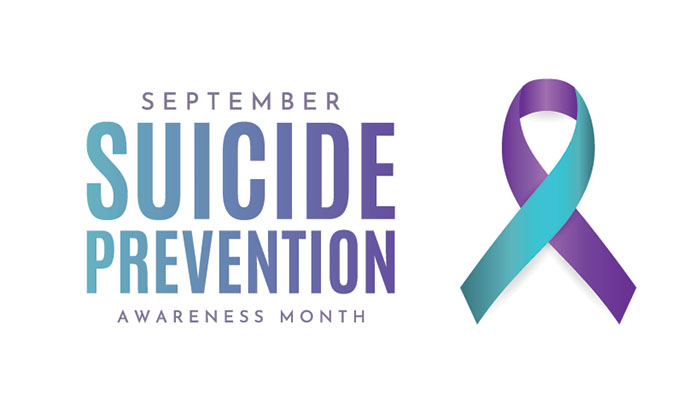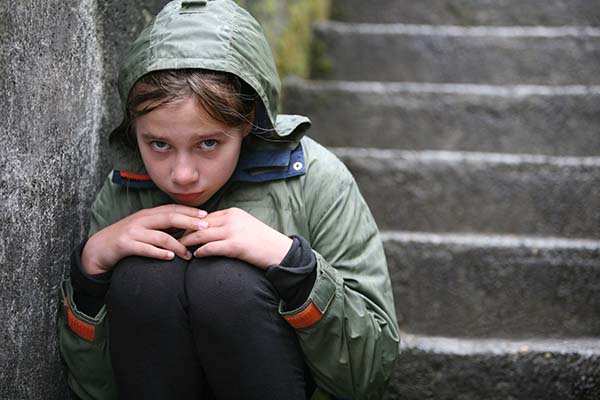
by Alan Cohen | Dec 13, 2022 | Murder, Suicide
Bio SoCal was on the scene in Irvine, California to clean up after a suspected murder-suicide at a private residence. After family members in Canada were unable to contact their relatives in Irvine, California, for over a year, Canadian authorities contacted Irvine... 
by Alan Cohen | Sep 28, 2022 | Suicide
Suicide Prevention Month This month of September is Suicide Prevention Month. First declared back in 2008 by the National Alliance on Mental Illness, Suicide Prevention Month is to promote suicide awareness, to acknowledge the loss of our loved ones to suicide, and to... 
by Alan Cohen | Aug 29, 2022 | Suicide
A long-awaited mental health hotline (9-8-8) is now live and available to call 24/7 with an easy number to remember similar to the long-standing emergency line of 9-1-1. If you are suffering a mental health crisis or are suicidal, you can immediately reach a licensed... 
by Alan Cohen | Apr 1, 2022 | Suicide
Dealing with a parent’s suicide is horribly difficult at any age. For a child, many complicated feelings arise they don’t yet have the experience to handle or even name. While we can’t protect the children we love from these traumatic and grief-filled thoughts and... by Alan Cohen | Dec 28, 2020 | Suicide
For every person who commits suicide, there is a large group of people around them who are left behind. Once the police have completed their investigation and the funeral is over, these friends and family are left there beside the grave with fresh grief and far more... 
by Alan Cohen | Dec 21, 2020 | Suicide
Bio SoCal Helps Family After Murder-Suicide in Yucca Valley Bio SoCal’s Riverside County crew was recently on scene helping a family through a difficult time after a murder-suicide took place in Yucca Valley, CA. Trauma scenes like this always create more...





